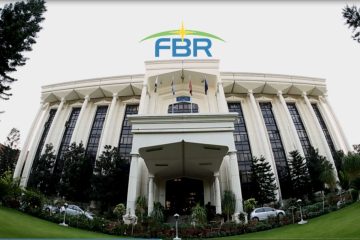The International Monetary Fund (IMF) is urging Pakistan to progressively raise excise taxes on luxury goods, particularly cigarettes. This recommendation comes from their report, “Tax Policy Diagnostic and Reform Options,” which highlights inefficiencies in Pakistan’s tax system.
Key Points:
- IMF Report Calls for Reform: The IMF report identifies the need for structural reforms to improve revenue generation, tax fairness, and sustainability.
- Focus on Cigarettes: The report suggests harmonizing excise tax rates on cigarettes, both locally and foreign-produced, and potentially including e-cigarettes in the tax bracket.
- Standardized Rates: The government is advised to implement a uniform excise tax rate on all locally manufactured cigarettes, regardless of the manufacturer.
- Positive Impact on Public Health: Increased taxes on cigarettes could lead to a decline in smoking rates, as evidenced by a 20-25% decrease following a recent tax hike. Public health advocates see this as a win-win for both government revenue and citizen well-being.
- Insufficient Revenue Generation: Despite existing taxes, cigarette sales still generate insufficient revenue to cover healthcare costs associated with smoking-related illnesses.
- Industry Influence Waning: While major tobacco companies previously lobbied against tax increases, recent years have seen a shift towards higher taxes on cigarettes in Pakistan.
- Room for Improvement: Although taxes have increased, Pakistan’s cigarette prices remain lower compared to neighboring countries.
The IMF’s recommendations aim to create a more efficient and health-conscious tax system in Pakistan. Implementing these reforms could generate additional revenue for the government while discouraging tobacco use and promoting public health.





